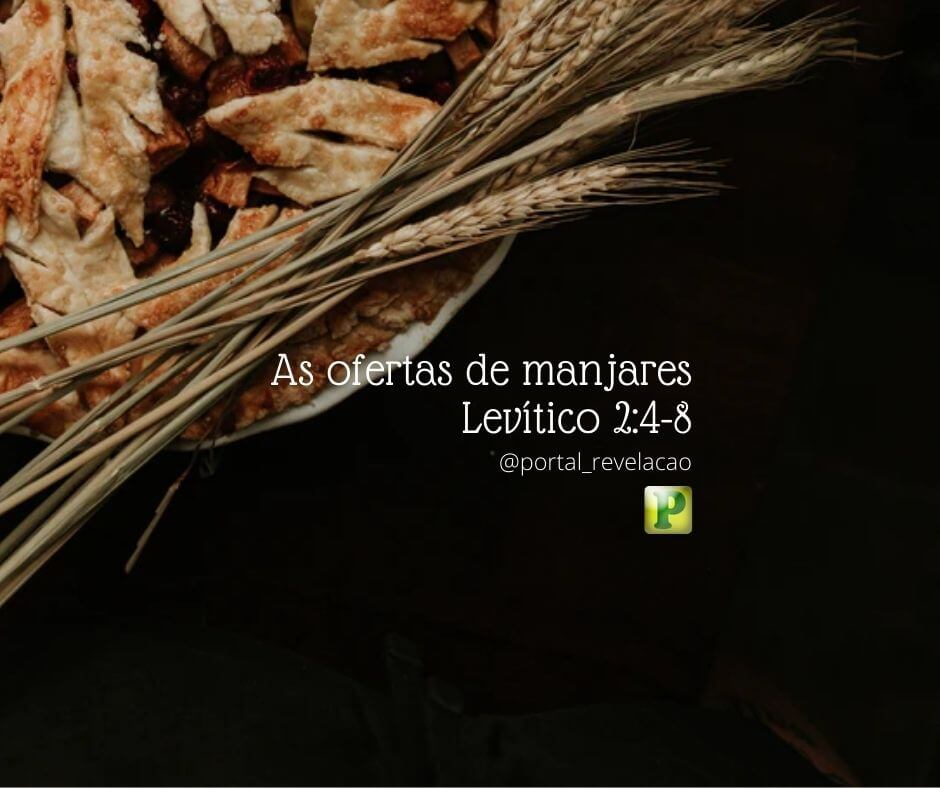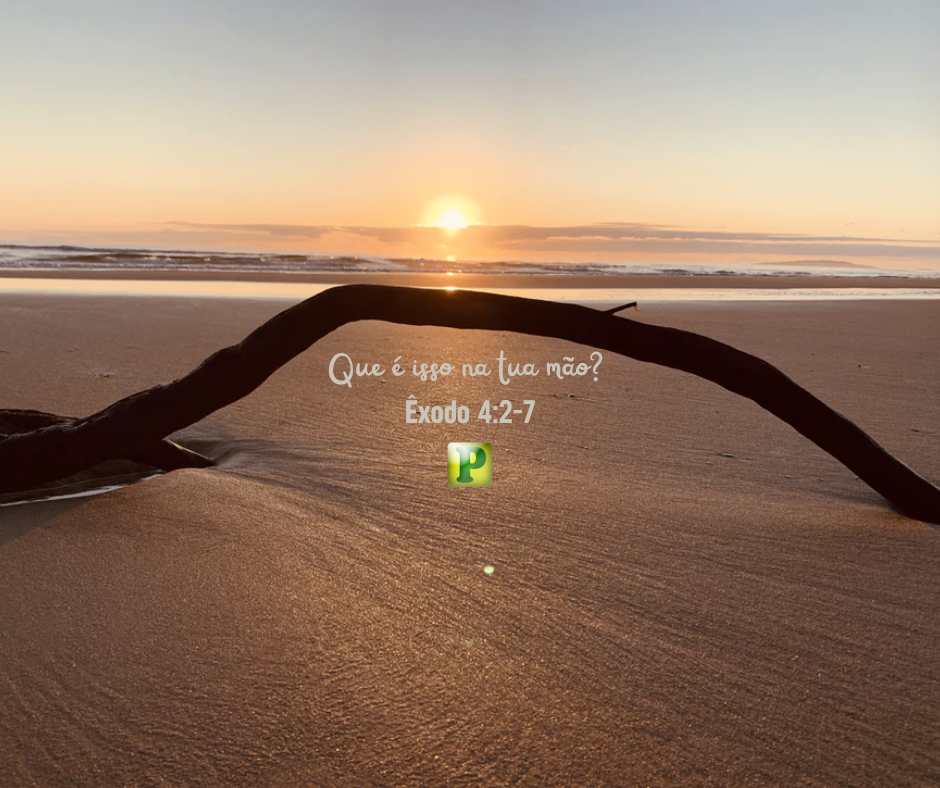The rescue of the slave – Preaching
Preaching Outline on Leviticus 25:47-50 – If a stranger or sojourner who is with you becomes rich, and your brother who is with him becomes poor and sells himself to the stranger or sojourner who is with you, or to the stranger’s family line, after he has sold himself, he may be redeemed; one of his brothers may redeem him; or his uncle, or his uncle’s son, or any close relative of his may redeem him; or if he has become rich, he may redeem himself.
Introduction to Leviticus 25:47-50
Moses wrote in the law that when a foreigner or sojourner living among Israel achieved wealth, and a poor Jew sold himself into slavery to that foreigner or to someone of his lineage, after being sold, he could be redeemed by one of his relatives or someone of his family, and from then on he would be a debtor to his rescuer; he would be a hired hand with him until he paid off his debt, or until the year of jubilee, when he would then be free.
God made man and placed him in Eden
He was rich and had everything at his disposal. He counted on the Lord’s communion and lacked nothing in life. But man sinned against God, and so he became impoverished, falling into the hands of the adversary, who as a usurper took possession of everything he had received from the Lord. In this way, impoverished because he had lost the Glory of God, man sold himself to sin (Isa 52: 3). See also Isa 45: 12, 13.
After all this, man began to live under the tyranny of this “foreigner” who stripped him of his dignity, turning him into a slave and throwing him into dark and distressing paths (Luke 10:30). Man was never able to extricate himself from this situation, because poor as he had become, he never had the resources to recover what he had lost, nor to free himself from the slavery imposed on him (Ps 49: 7, 8). Apparently, man’s situation had no solution.
Jesus came to fulfill the law
The Word of God says, however, that Jesus came to fulfill the law. Since man had neither the resources nor the conditions to redeem himself, the Lord became man, that is, he became one of us, our “kinsman”, to redeem us from the clutches of the “foreigner” and from sin, paying the price and freeing us from our slavery. He fulfilled the law that authorized the payment of the price for the poor slave, and the price paid was his Blood shed on the cross of Calvary, where he died to give us liberation and eternal life. The law was fulfilled, God’s justice was satisfied and the poor man was rescued from the shackles of sin and death.
Conclusion of Leviticus 25:47-50
Now we are debtors, not to a tyrannical and cruel master, but to someone who loved us so much that he gave his own life to save us. We owe Jesus our whole being; we owe him our faithfulness and our service in his Work. In truth, we could never repay him for what he did for us, but we must strive to love him as he loved us. In the year of Jubilee – at the rapture – our labor here on earth will be over, and we will be free with him in eternity (I Cor 15:58).
Preaching Outline on Leviticus 25:47-50 – If a stranger or sojourner who is with you becomes rich, and your brother who is with him becomes poor and sells himself to the stranger or sojourner who is with you, or to the stranger’s family line, after he has sold himself, he may be redeemed; one of his brothers may redeem him; or his uncle, or his uncle’s son, or any close relative of his may redeem him; or if he has become rich, he may redeem himself.
More Preaching Outlines
- Are you a pilgrim? – Luke 24:18
- Pilgrim in Meshech – Psalm 120:5
- Luke 12:16-20 – The foolish rich man






